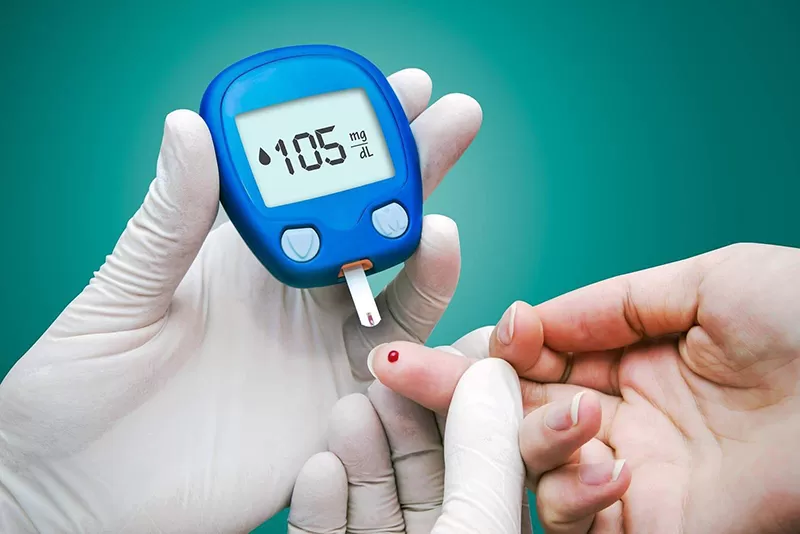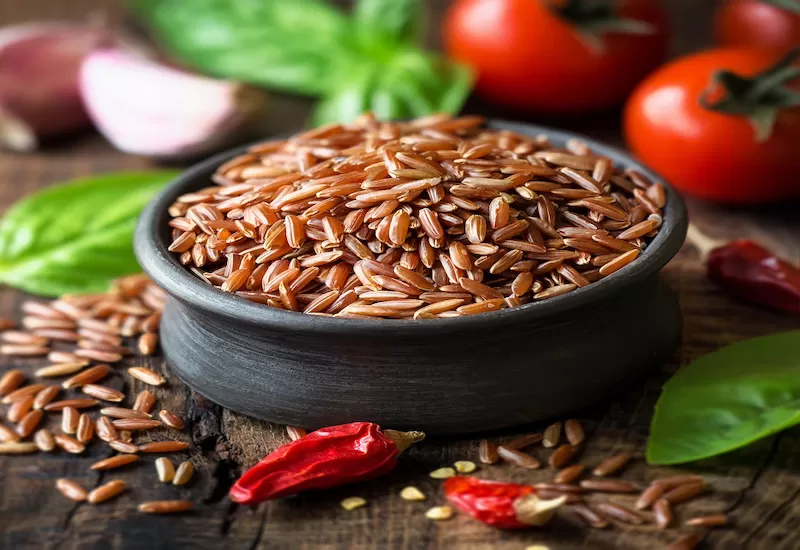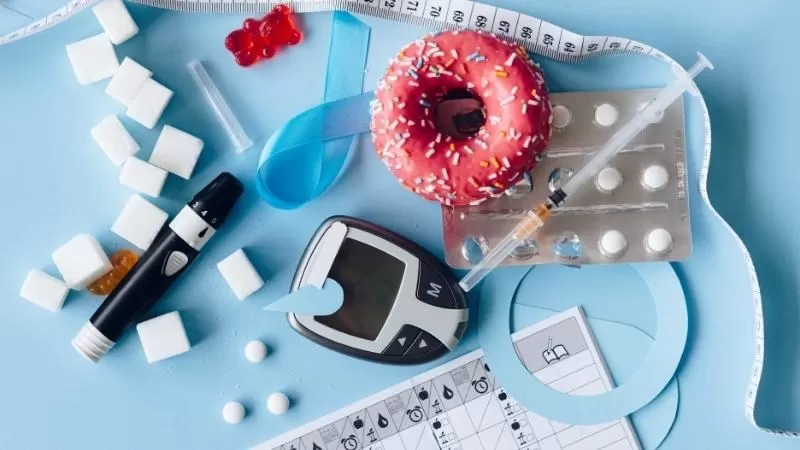1. What is diabetes?
After eating, the carbohydrates from the meal will be converted into a type of glucose. This type of sugar is absorbed in the intestines and dissolves into the blood. During this time, the pancreas will secrete a hormone called insulin, which helps bring glucose into cells to provide energy for the body.
If insulin's ability to function has problems or the amount of glucose in the body increases beyond its capacity, insulin cannot respond. At that time, some sugar will not be converted into an energy source for the body and will be excess in the blood. A condition in which sugar levels exceed the allowable rate in the blood is called diabetes.
Diabetes also known as diabetes mellitus, is a disorder of carbohydrate metabolism. The disease is mainly caused by a lack of insulin hormone production by the pancreas or this hormone has a reduced ability to act in the body, leading to always high blood sugar levels.
This disease is one of the causes of other serious diseases such as kidney failure, blindness, stroke, coronary heart disease,...



